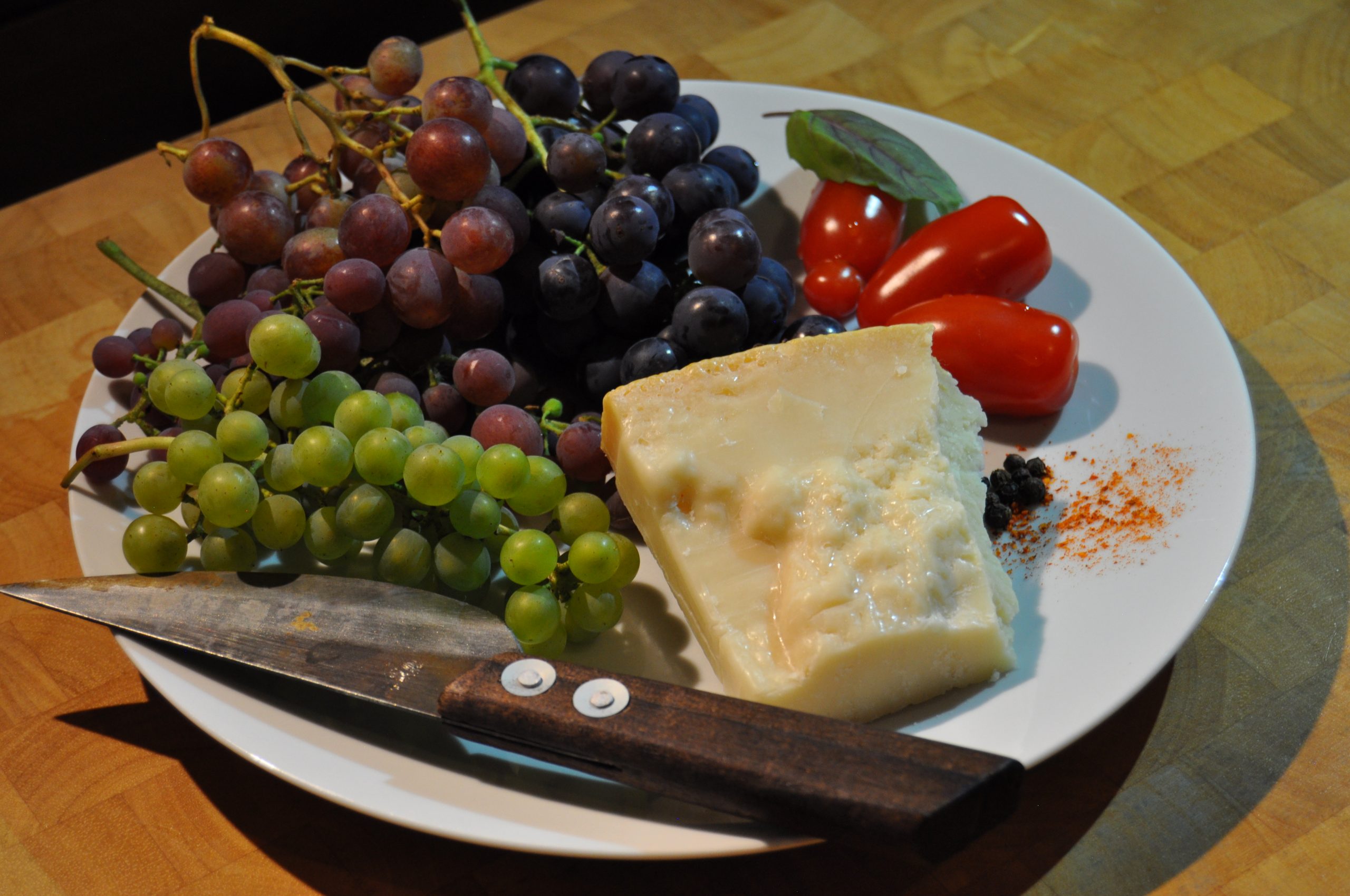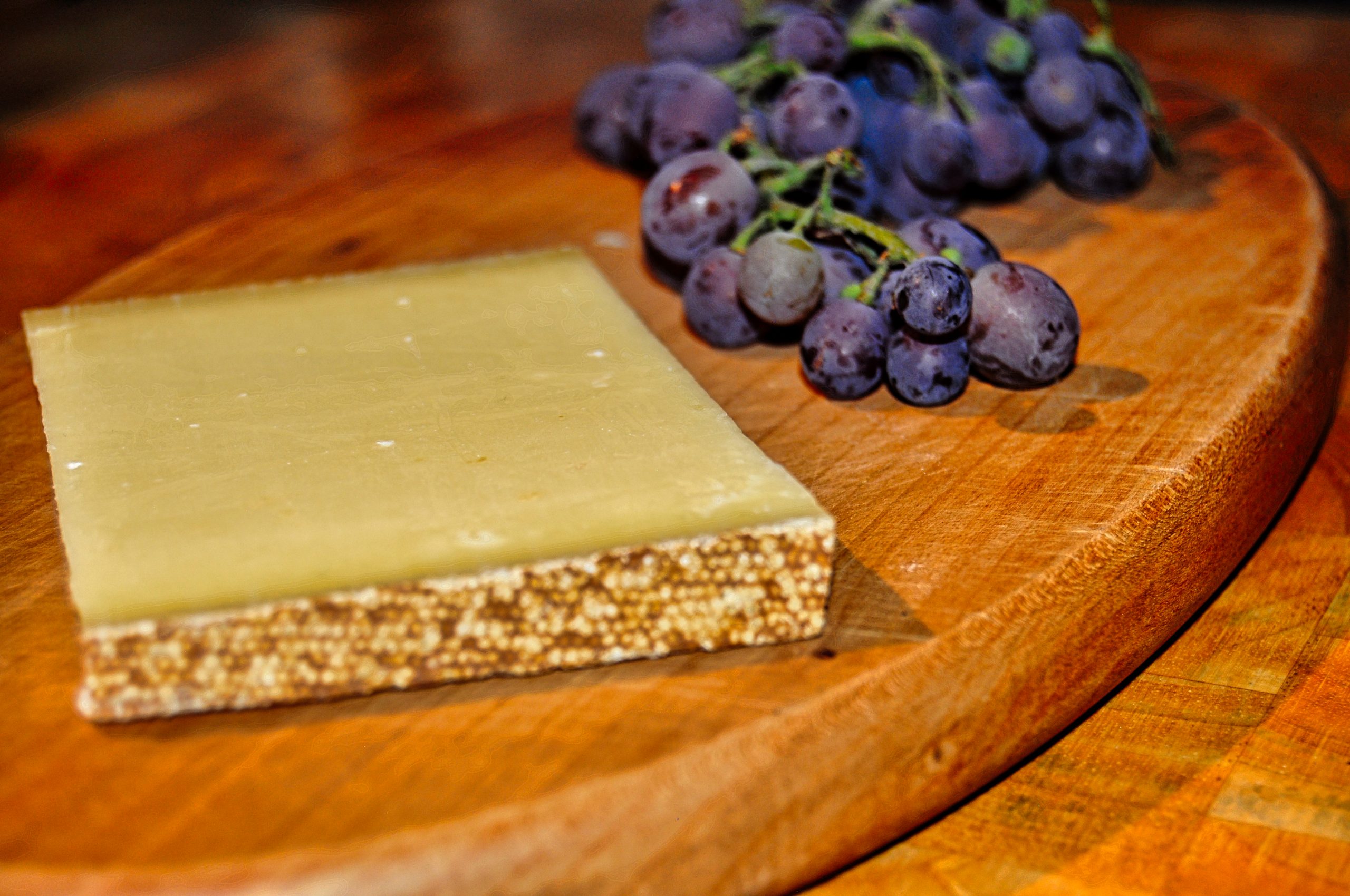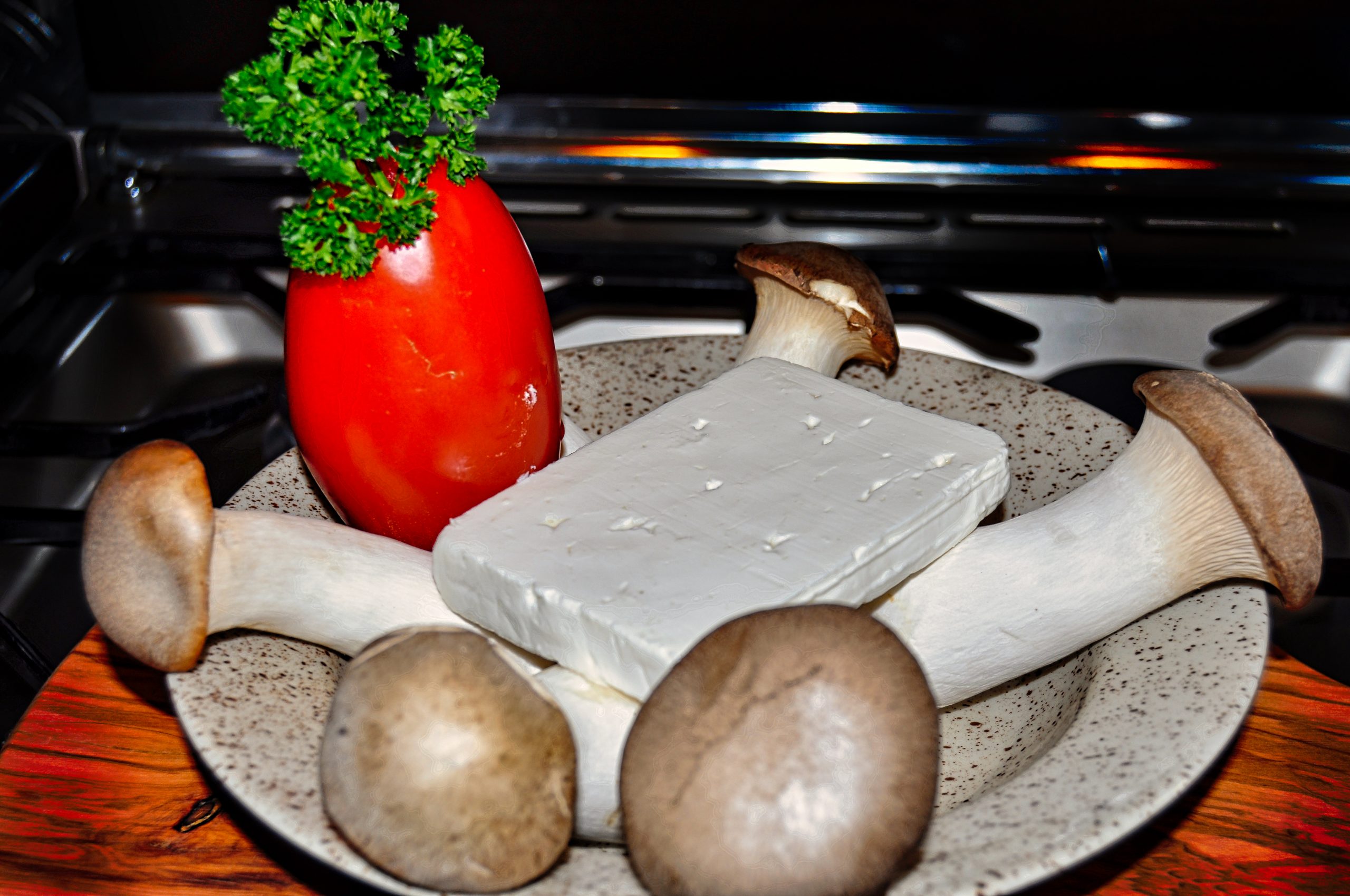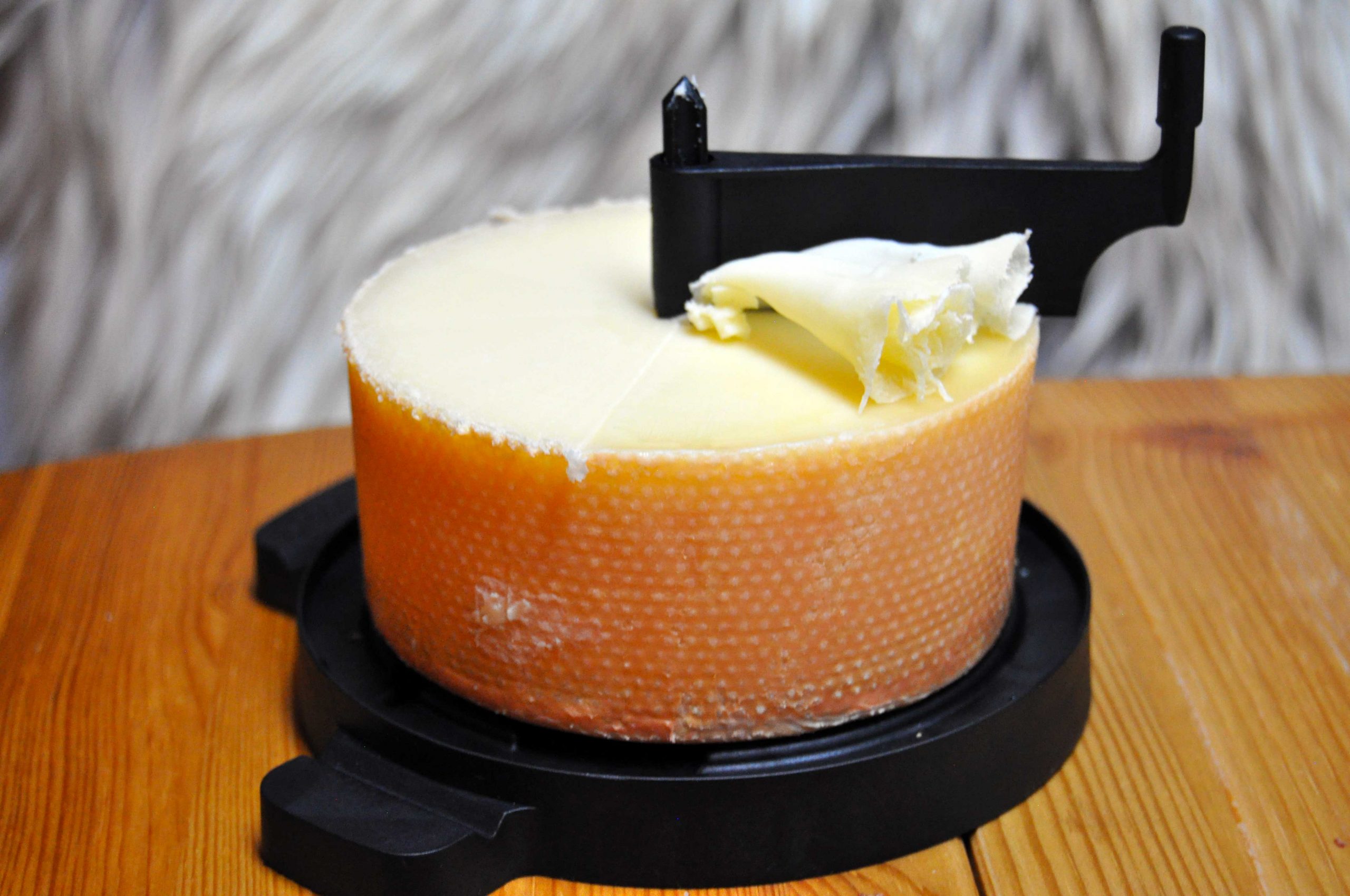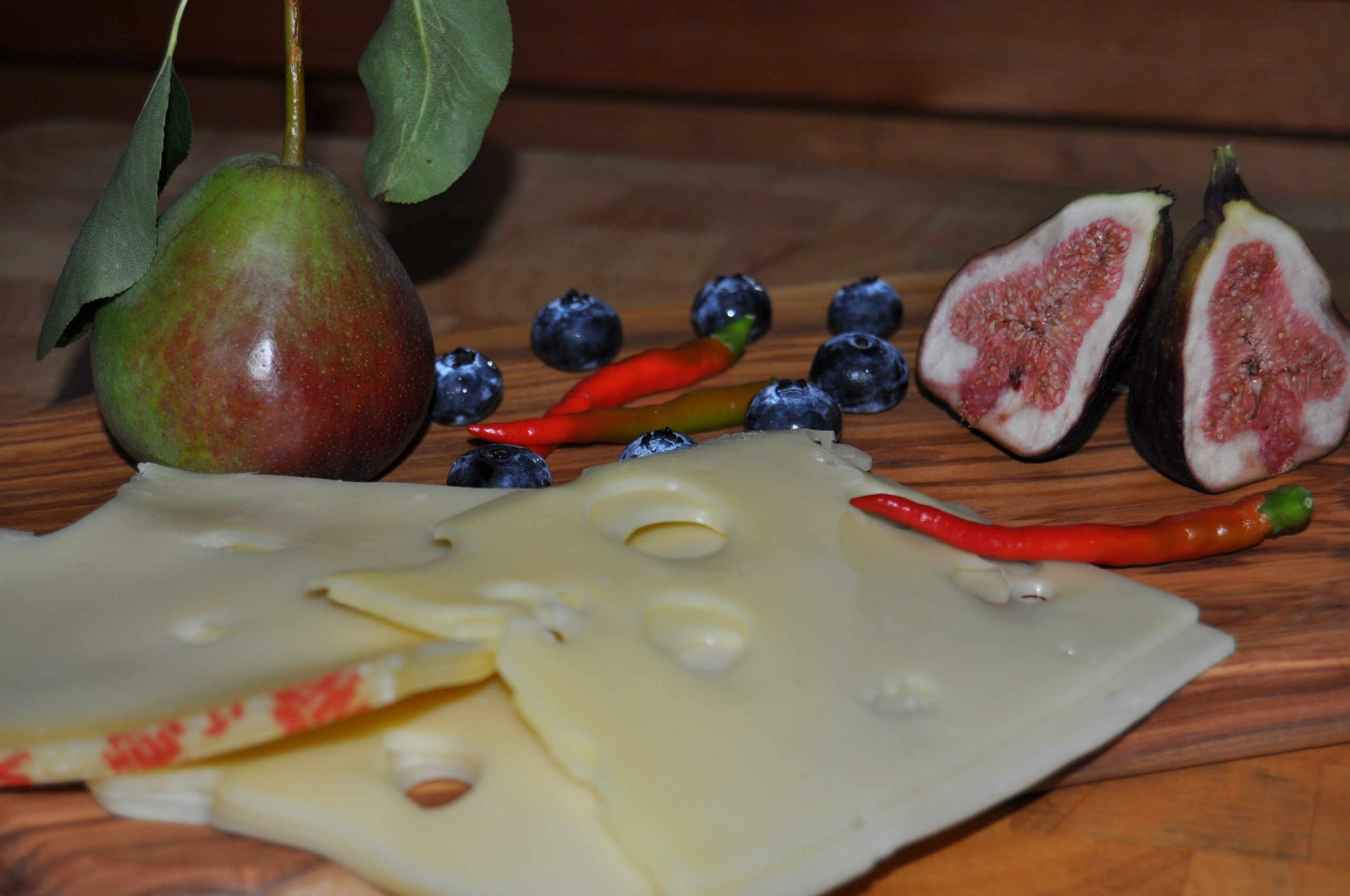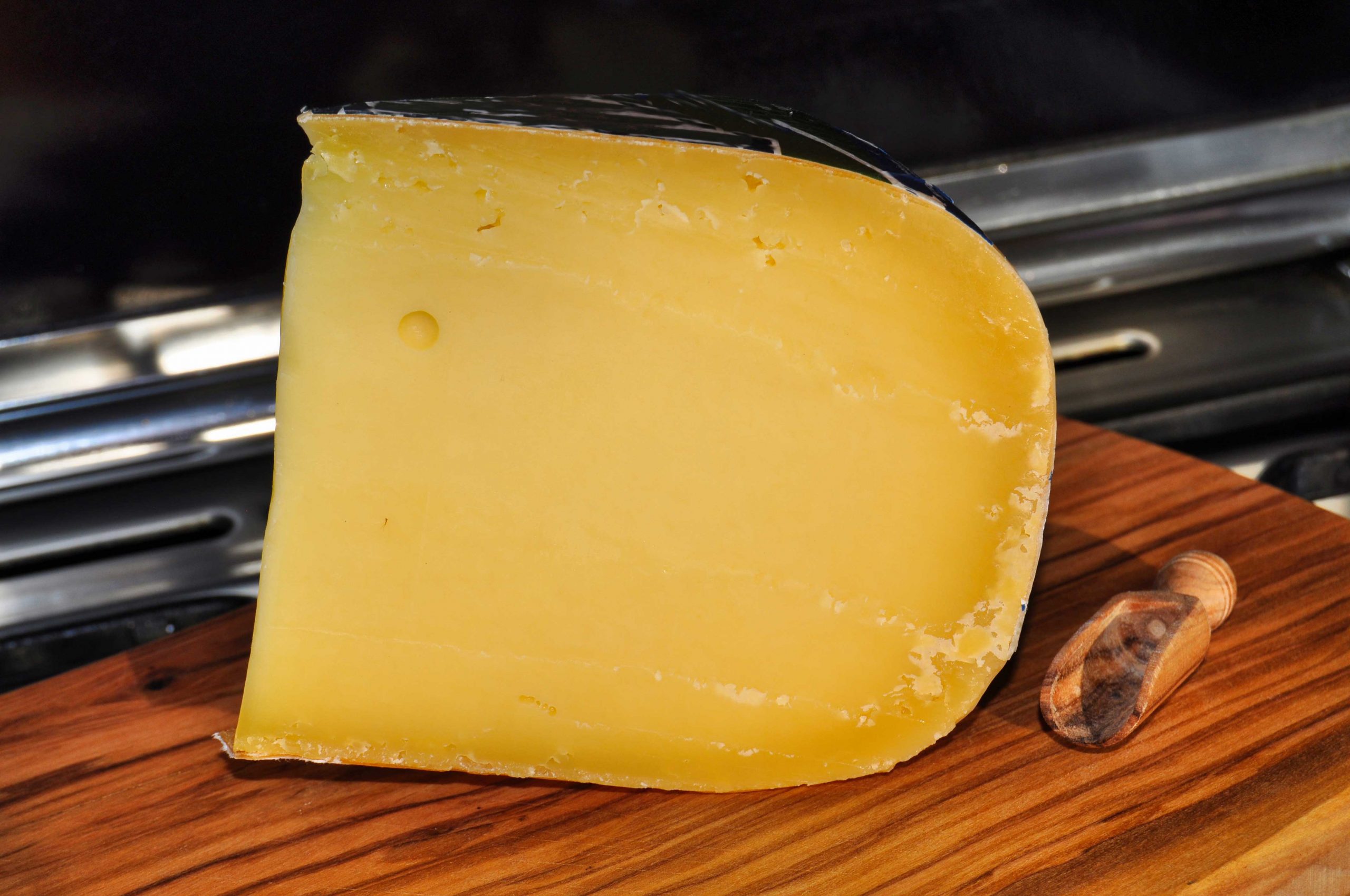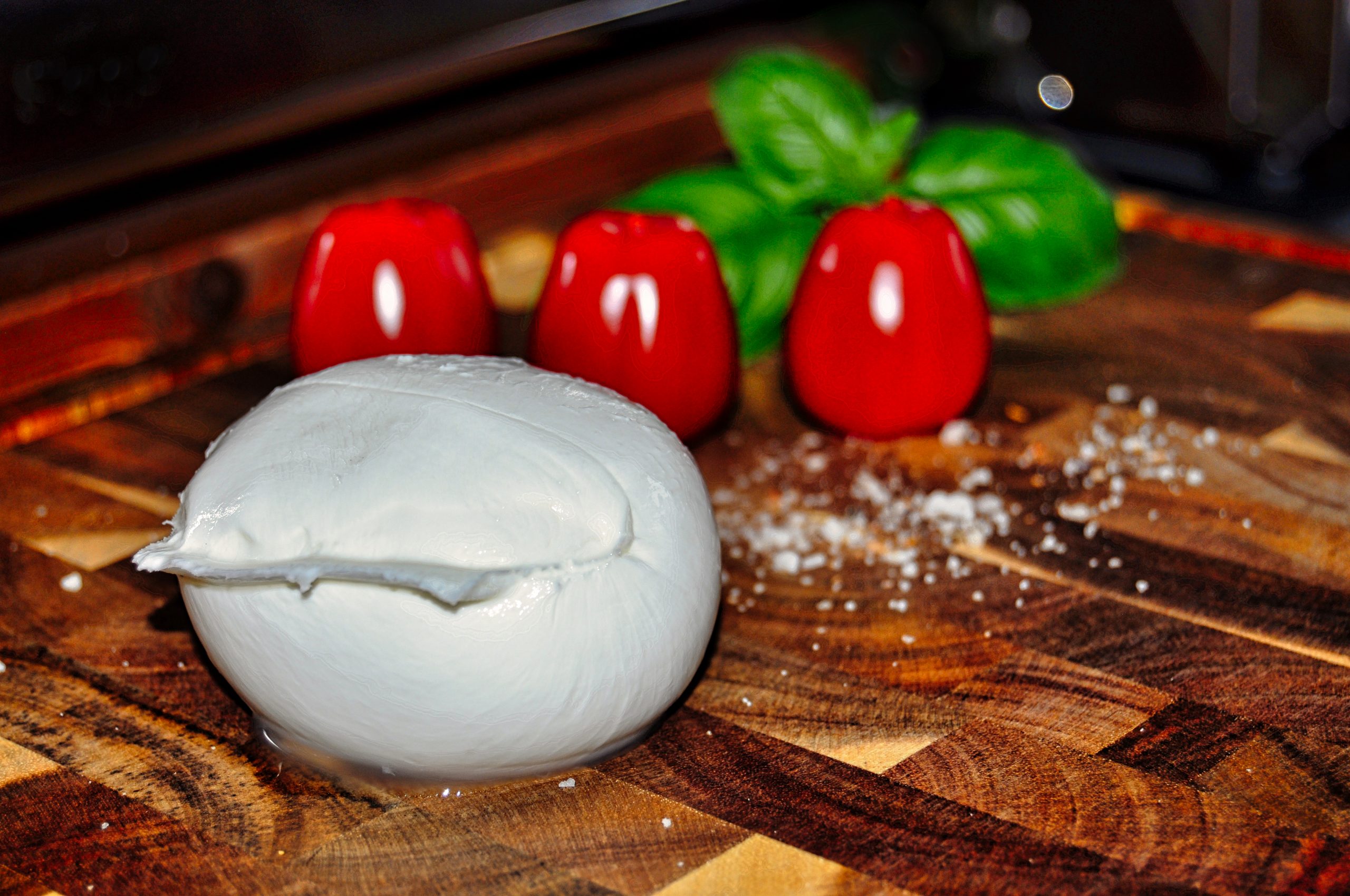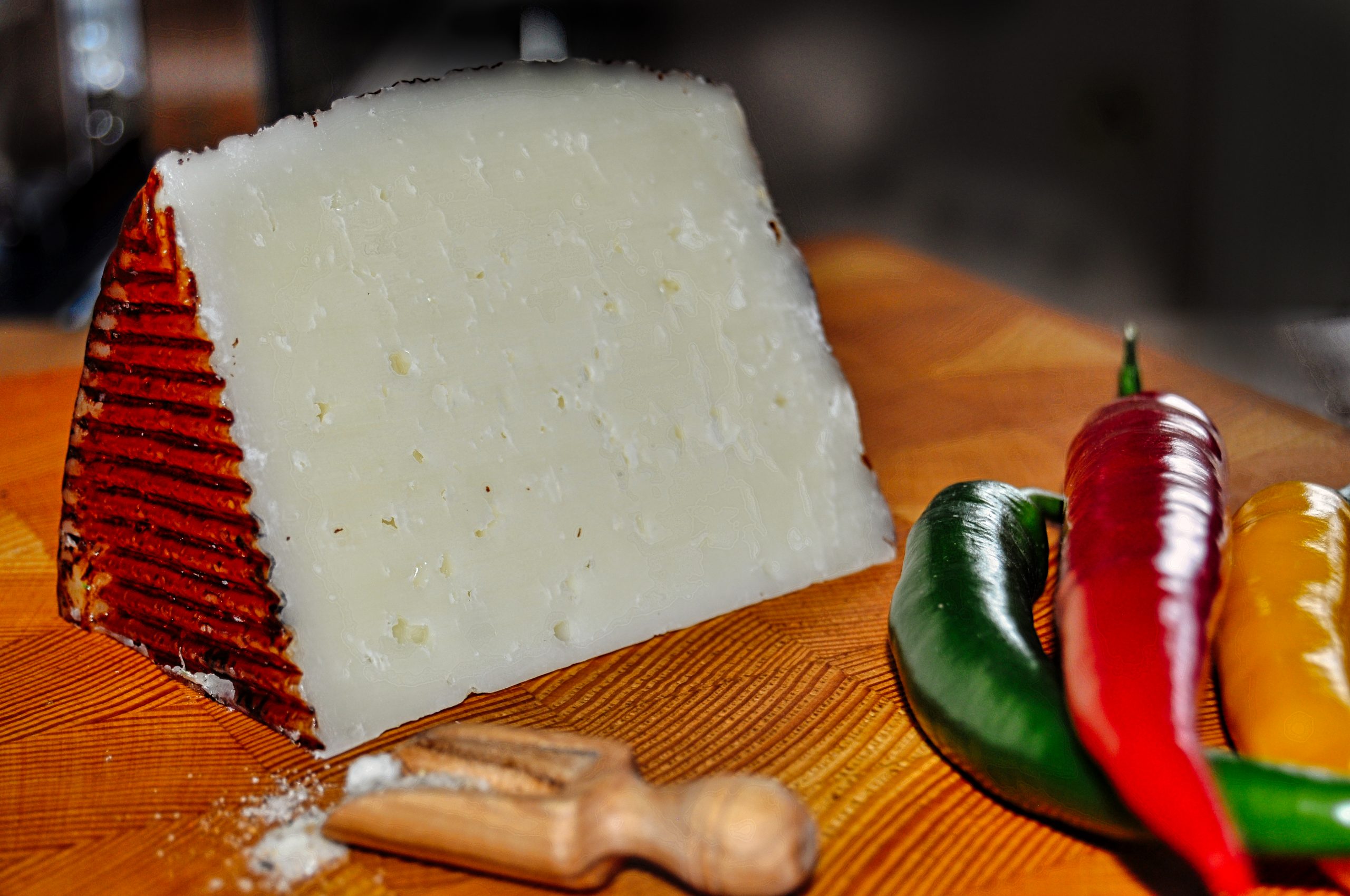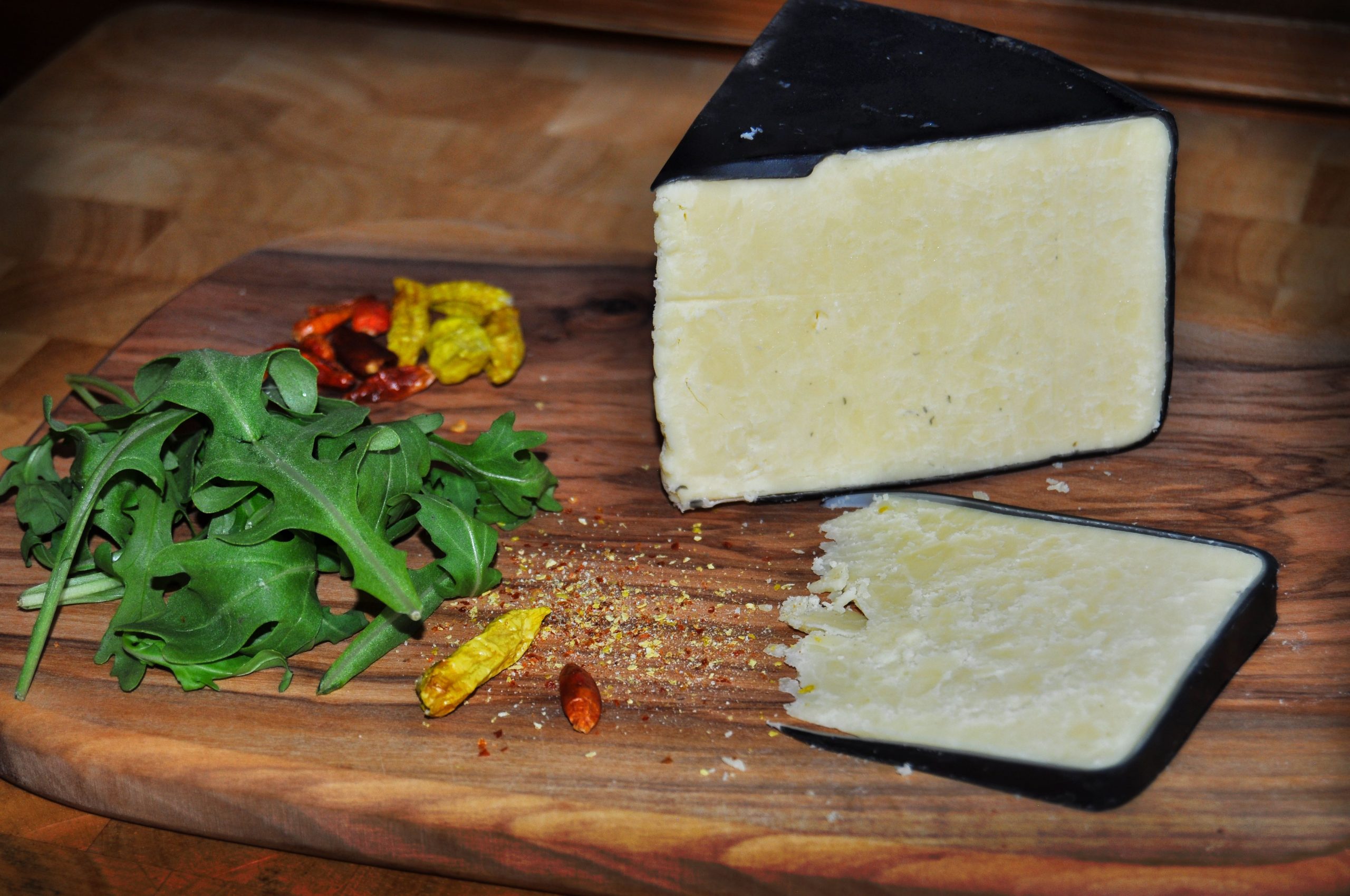It’s trying to find its way back to the cheese Olympus: what Emmentaler has already achieved in recent years, Dutch Gouda has not yet achieved across the board.
The term Gouda is often a synonym for relatively tasteless, almost rubber-like cheese that can be used for nearly anything.
Yet the history of Gouda is more complex than its reputation suggests. Gouda is even considered one of the oldest cheeses still traded today: The history of Gouda can be traced back to the year 1184.
In Holland, a strict distinction is made between two types of Gouda: Goudse boerenkaas (Gouda farmer’s cheese) is made on some farms on site and is considered an insider tip among cheese connoisseurs. Goudse kaas, on the other hand, is produced industrially and is intended for the mass market.
Cheese market in Gouda
The history of Gouda began in the Dutch town of Gouda in the west of the Netherlands: it was no coincidence that Gouda originated there.
In the Middle Ages, the town of Gouda had a special privilege: it was the only town in the county of Holland that was allowed to hold a cheese market.
This monopoly position of the town meant that every farmer from the surrounding area was forced to sell his cheese at the cheese market in Gouda.
A tradition developed there: the farmers laid their cheese, covered with a cloth, on the ground in front of the town hall and advertised it. As soon as a buyer was found, the cloth was removed from the cheese and the haggling for the best price began.
This tradition has survived to this day: the cheese market in Gouda is still held once a week and is a tourist magnet.
In truth, however, most industrially produced Gouda cheese was quite characterless.
Industrial production
When pasteurised milk began to be used for cheese-making in the early 20th century, the culture of Gouda suffered: Although the use of pasteurised milk offers hygienic advantages, important micro-organisms in the milk, which make up the taste and character of the end product, are lost.
In the course of the 20th century, Goudse boerenkaas was increasingly displaced by industrially produced Gouda. As a result, Gouda became synonymous all over the world with an all-purpose cheese that seemed like it could be used for all purposes. In truth, however, most industrially produced Gouda cheese was quite characterless.
It is only in recent years that authentically and traditionally produced Gouda cheese has regained importance: many cheese lovers also appreciate the depth of a longer matured Gouda.
Classic ripening stages
There are three stages of ripeness for Gouda: Young, middle-aged and old Gouda.
Young Gouda ripens between four and eight weeks, its taste is very mild according to the ripening period and its colour is white to light yellow. Young Gouda is one of the most commonly produced industrial Gouda varieties and is popular as a bread topping.
A middle-aged Gouda has been ripened for at least twelve weeks: its structure is firmer and its colour darker than young Gouda. Furthermore, middle-aged Gouda has a sunny yellow colour. Middle-aged Gouda from traditional production can already be found as a mild cheese on a cheese platter, apart from that it is often used for pizza.
Old Gouda matures for at least 30 weeks: Despite this longer maturing time, old Gouda can still be sliced easily. It is often served with strong red wines such as Rioja.
It is far from easy to find a Gouda that is made according to traditional methods.
Long-aged Gouda
However, the maturation of Gouda is far from over after 30 weeks: the term jarig refers to a Gouda that has been matured for at least one year, and the term extra overjarig or oud refers to a Gouda that has been matured for up to four years. Such Gouda is a unique taste experience and must not be confused with the products from industrial production, which are also called Gouda. Gouda with the oud ripening stage tends to develop a crystalline structure that is in no way inferior to that of Parmigiano Reggiano.
Extra-aged Gouda is also suitable for grating, just like Parmigiano Reggiano.
Not all Gouda is the same: it is far from easy to find a Gouda that is made according to traditional methods and represents what a Gouda actually is.
Traditional cheese from Holland
Today, just two per cent of Gouda is still made from traditional, artisanal production: only in recent years has Gouda regained its reputation as a cheese full of character and flavour. Although the industrial mass production of Gouda made the cheese accessible to a wider mass, the original, artisanal character of the cheese from Holland was lost in the process.
Not least because of its long tradition dating back to the 12th century, Gouda is one of the most important cheeses in Europe and suffered – much like Swiss Emmentaler – from the fact that its designation of origin was not protected early on.
The flavour profile of a traditional Gouda ranges from mildly spicy to spicy-aromatic, depending on the ripening period: very long-ripened Gouda develops similar characteristics to a long-ripened Swiss mountain cheese or a Parmigiano Reggiano.
Cover picture: A middle-aged (4 months matured) Dutch Gouda, © Simon von Ludwig

 Deutsch
Deutsch